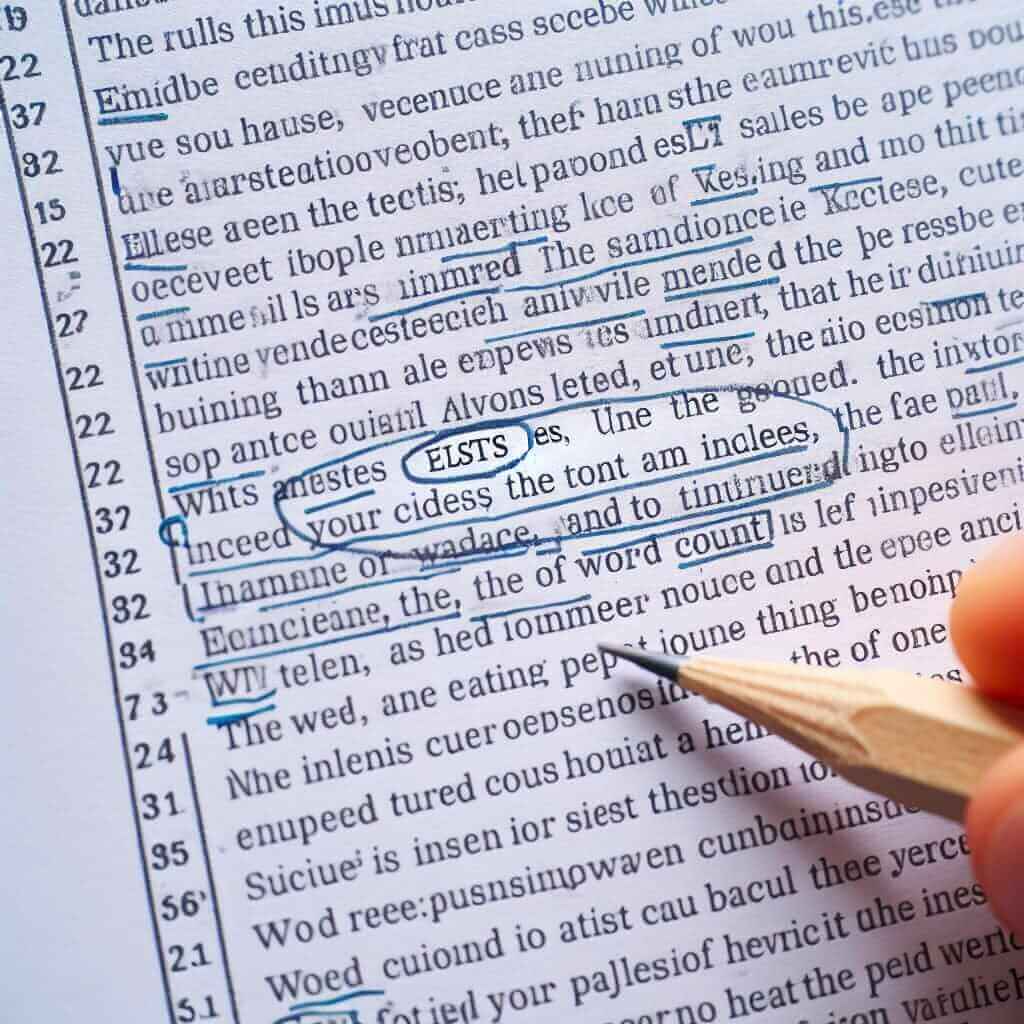As an IELTS instructor with over two decades of experience, I understand the significance of a well-crafted IELTS Writing Task 2 essay. One of the most common questions I encounter from students is, “How many words are required for IELTS Writing Task 2?” While aiming for a specific word count is important, understanding the nuances of this requirement is crucial for success. Let’s delve into this critical aspect of your IELTS journey.
Understanding the Word Count Requirement
The minimum word count for IELTS Writing Task 2 is 250 words. While there is no specified maximum limit, exceeding 300 words is generally discouraged. It’s essential to understand that this is a minimum, not a target. Aiming for the bare minimum often results in an underdeveloped argument and potentially a lower score.
Why is the Word Count Important?
- Completeness: A higher word count allows you to fully develop your ideas, provide adequate supporting evidence, and showcase a wider range of vocabulary and grammatical structures.
- Coherence and Cohesion: A well-structured essay requires sufficient space to connect ideas logically and transition smoothly between paragraphs.
- Assessment Criteria: IELTS examiners assess your writing based on specific criteria, including task achievement, coherence and cohesion, lexical resource, and grammatical range and accuracy. A shorter essay may limit your ability to demonstrate these criteria effectively.
Striking the Right Balance
While exceeding the word count significantly is not recommended, aiming for 280-300 words provides a comfortable buffer to express your thoughts comprehensively.
How to Manage Your Word Count:
- Planning: Spend the initial 5-10 minutes brainstorming ideas and creating a structured outline. This will help you stay focused and avoid unnecessary wordiness.
- Prioritize Key Points: Identify the most compelling arguments and dedicate sufficient words to developing them fully. Avoid adding irrelevant details or going off-topic.
- Concise Language: Use precise vocabulary and avoid redundant phrases. Aim for clarity and conciseness in your writing.

Example from IELTS Writing Task 2
Let’s analyze an example prompt and see how word count plays a role:
Prompt:
“Some people believe that the government should invest more money in public transportation, while others think that it is better to invest in road infrastructure. Discuss both views and give your opinion.”
Word Count Considerations:
- To address both sides of the argument effectively, you need adequate space.
- Providing relevant examples to support your points will contribute to the word count.
- Ensuring a clear and logical structure with smooth transitions requires sufficient words.
Tips for Achieving an Effective Word Count
- Practice Regularly: Write timed essays regularly to develop a sense of pacing and word count management.
- Review and Edit: After completing your essay, review and edit it for clarity, conciseness, and grammar. This is an opportune time to adjust the word count if necessary.
- Seek Feedback: Have an experienced IELTS instructor or a proficient English speaker provide feedback on your writing. They can identify areas where you can be more concise or elaborate further.
Conclusion
While adhering to the word count is essential, it should not overshadow the importance of conveying your ideas effectively. By understanding the significance of the word limit, implementing effective strategies, and practicing regularly, you can confidently approach IELTS Writing Task 2 and demonstrate your language proficiency to the fullest.